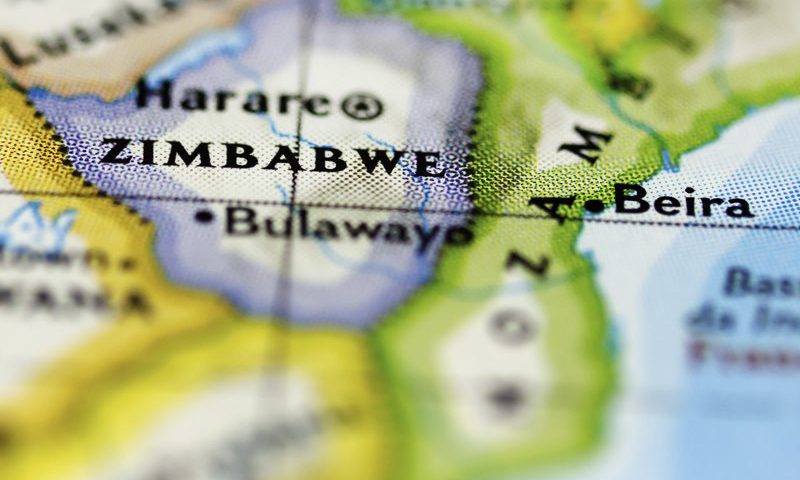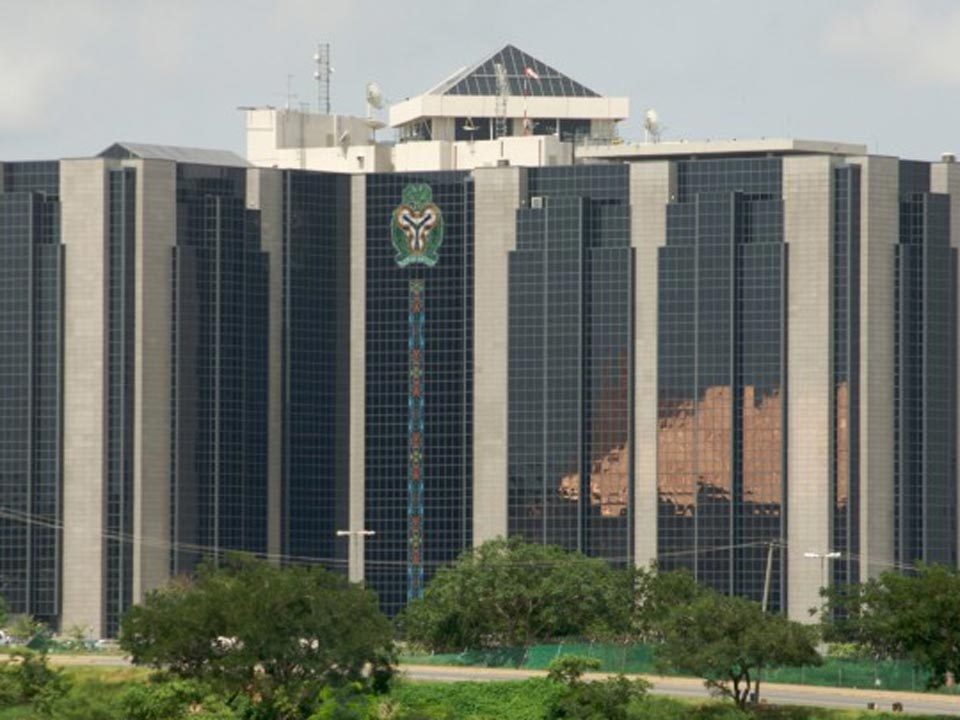Africa Update: Afreximbank pledges up to $1.5 BN to post-Mugabe Zimbabwe

World Update: Gas prices rise in freezing Europe after explosion and pipeline closure
December 13, 2017
Africa Update: S.Africa’s Nedbank launches the American Express ‘Black card’
December 13, 2017The African Export and Import Bank has pledged up to $1.5 billion in new loans and financial guarantees to Zimbabwe in a major boost for new President Emmerson Mnangagwa’s government, the bank’s president and chairman said on Tuesday.
Mnangagwa, who took over last month after veteran autocrat Robert Mugabe quit following a de facto military coup, has vowed to focus on reviving the struggling economy and provide jobs in a nation with an unemployment rate exceeding 80 percent.
Afreximbank was only international lender that stood by Zimbabwe throughout Mugabe’s repressive 37-year rule, but its quick announcement of a fresh package of loans and guarantees appeared to be a vote of confidence in the new government.
Cairo-based Afreximbank was a major funder of Zimbabwe while the country was cut off from the International Monetary Fund and World Bank for having defaulted on its debt in 1999.
Bank president and chairman Okey Oramah told reporters after a meeting with Mnangagwa and senior government officials that Afreximbank would provide $150 million to local banks to help them pay for outstanding critical imports.
”We also discussed a number of other areas that involve additional investment from us for something that will be in the order of $1 billion to $1.5 billion that will include certain kinds of guarantees to encourage investors to come to Zimbabwe.
“We…want to make sure that we support the stabilization of the economy, that means providing liquidity to make sure that the situation where people are rushing everytime to look for cash is dealt with,” said Oramah.
In August, before Mugabe’s ouster, Afreximbank provided $600 million to help Zimbabwe pay for imports and $300 million to allow it to print more “bond notes”, a quasi currency that officially trades a par with the U.S. dollar.
Zimbabwe has a foreign debt of more than $7 billion and in September said it would not be able to pay $1.8 billion in arrears to the World Bank and African Development Bank until economic fundamentals improved.
The southern African nation, which dumped its hyperinflation-hit currency in 2009, is struggling with a severe dollar crunch that has seen banks fail to avail cash to customers while importers struggle to pay for imports.
Finance Minister Patrick Chinamasa promised in a budget speech last week to re-engage with international lenders, curb spending and attract investors to revive the economy.
On Tuesday, Chinamasa described Afreximbank as a “pillar of strength” and said the economy was “in for some very good times”.

